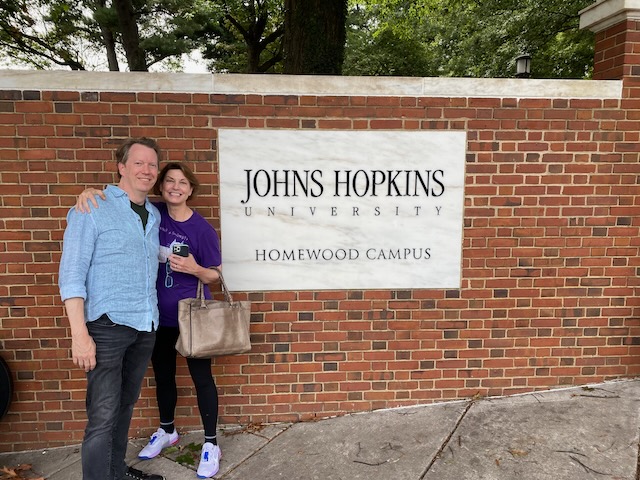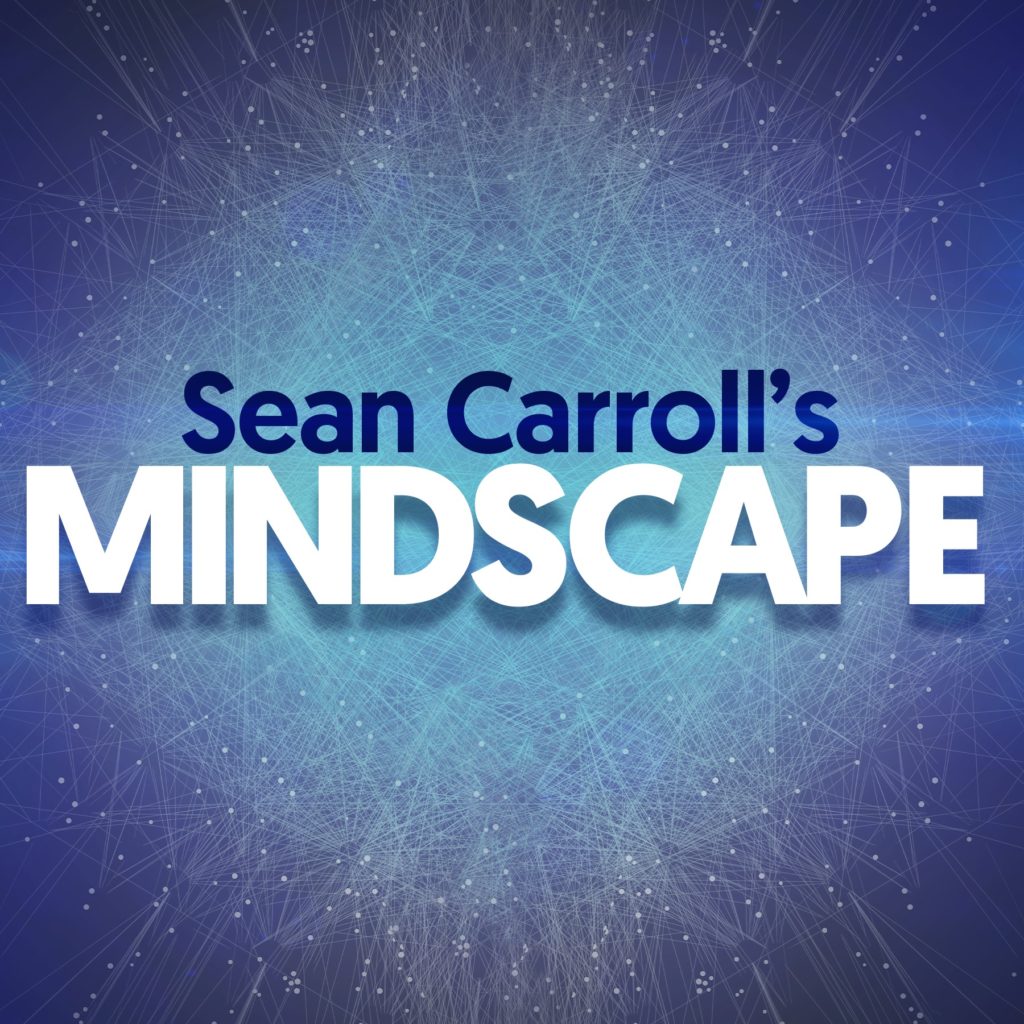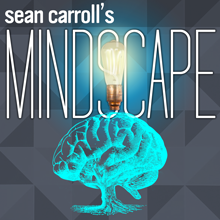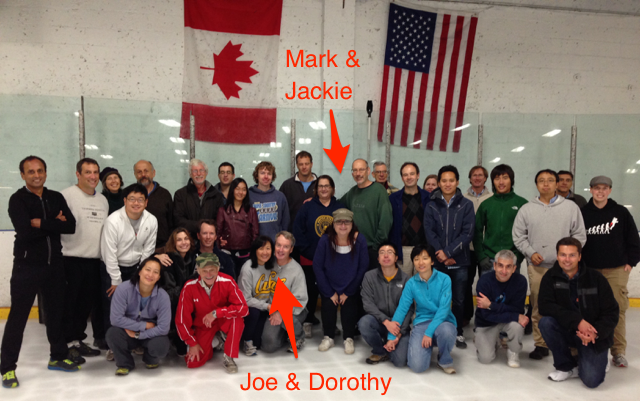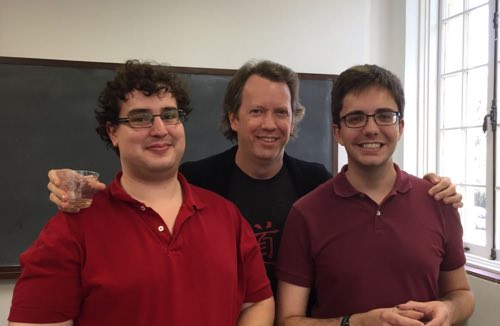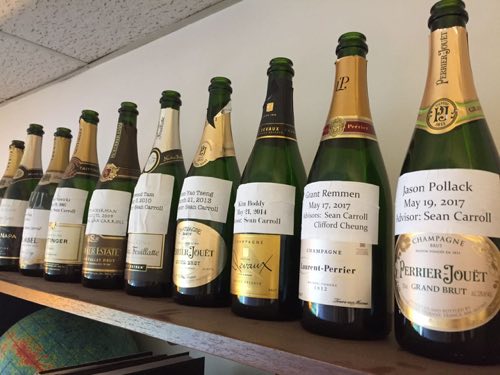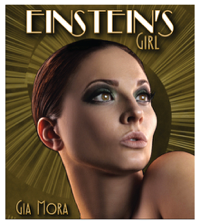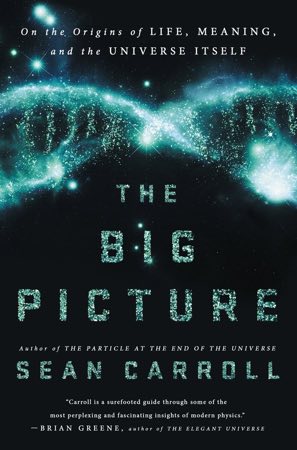Johns Hopkins
As far as I remember, the first time I stepped onto a university campus was in junior high school, when I visited Johns Hopkins for an awards ceremony for the Study of Mathematically Precocious Youth. (I grew up in an environment that didn’t involve spending a lot of time on college campuses, generally speaking.) The SMPY is a longitudinal study that looks for kids who do well on standardized math tests, encourages them to take the SATs at a very young age, and follows the progress of those who do really well. I scored as “pretty precocious” but “not precocious enough to be worth following up.” Can’t really argue. My award was a slim volume on analytic geometry, which — well, the thought was nice.
But the campus made an impression. It was elegant and evocative in a way that was new to me and thoroughly compelling. Grand architecture, buildings stuffed with books and laboratories, broad green commons criss-crossed by students and professors talking about ideas. (I presumed that was what they were talking about). Magical. I was already committed to the aspiration that I would go to university, get a Ph.D., and become a theoretical physicist, although I had very little specific concept of what that entailed. Soaking in the campus atmosphere redoubled my conviction that this was the right path for me.
So it is pretty special to me to announce that I am going to become a professor at Hopkins. This summer Jennifer and I will move from Los Angeles to Baltimore, and I will take up a position as Homewood Professor of Natural Philosophy. (She will continue writing about science and culture at Ars Technica, which she can do from any geographic location.)
The title requires some explanation. Homewood Professors are a special category at Hopkins. There aren’t many of them. Some are traditional academics like famous cosmologist Joseph Silk; others are not traditional academics, like former Senator Barbara Mikulski, musician Thomas Dolby, or former UK Poet Laureate Andrew Motion. The official documentation states that a Homewood Professor should be “a person of high scholarly, professional, or artistic distinction whose appointment brings luster to the University.” (You see why I waited to announce until my appointment was completely official, so nobody could write in objecting that I don’t qualify. Too late!)
It’s a real, permanent faculty job — teaching, students, grant proposals, the whole nine yards. Homewood Professors are not tenured, but in some sense it’s better — the position floats freely above any specific department lines, so administrative/committee obligations are minimized. (They told me they could think about a tenure process if I insisted. Part of me wanted to, for purely symbolic reasons. But once all the ins and outs were explained, I decided not to bother.)
In practice, my time will be split between the Department of Physics and Astronomy and the Department of Philosophy. I will have offices in both places, and teach roughly one course/year in each department. The current plan is for me to teach two classes this fall: a first-year seminar on the Physics of Democracy, and an upper-level seminar on Topics in the Philosophy of Physics. (The latter will probably touch on the arrow of time, philosophy of cosmology, and the foundations of quantum mechanics, but all is subject to change.) And of course I’ll be supervising grad students and eventually hiring postdocs in both departments — let me know if you’re interested in applying!
You’ll note that both departments have recently been named after William Miller. That’s because Bill Miller, who was a graduate student in philosophy at Hopkins and became a successful investment banker, has made generous donations both to philosophy and to physics. (He’s also donated to, and served as board chair for, the Santa Fe Institute, where I will continue to be Fractal Faculty — our interests have considerable overlap!) Both departments are already very high-quality; physics and astronomy includes friends and colleagues like Adam Riess, Marc Kamionkowski, and David Kaplan, not to mention benefitting from association with the Space Telescope Science Institute. But these gifts will allow us to grow in substantial ways, which makes for a very exciting time.
One benefit of being a Homewood Professor is that you get to choose what you will be designated a professor “of.” I asked that it be Natural Philosophy, harkening back to the days before science and philosophy split into distinct disciplines. (Resisted the temptation to go with a Latin version.) This is what makes this opportunity so special. I’ve always been interdisciplinary, between physics and philosophy and other things, and also always had an interest in reaching out to wider audiences. But there was inevitably tension with what I was supposed to be doing as a theoretical physicist and cosmologist. My predilections don’t fit comfortably with the academic insistence on putting everyone into a silo and encouraging them to stay there.
Now, for the first time in my life, all that stuff I want to do will be my job, rather than merely tolerated. (Or not tolerated, as the case may be.) The folks at JHU want me to build connections between different departments, and they very much want me to both keep up with the academic work, and with the podcasts and books and all that. Since that’s exactly what I want to do myself, it’s a uniquely good fit.
I’ve had a great time at Caltech, and have nothing bad to say about it. I have enormous fondness for my colleagues and especially for the many brilliant students and postdocs who I’ve been privileged to interact with along the way. But a new adventure awaits, and I can’t wait to dive in. I have a long list of ideas I want to pursue in cosmology, quantum mechanics, complexity, statistical mechanics, emergence, information, democracy, origin of life, and elsewhere. Maybe we’ll start up a seminar series in Complexity and Emergence that brings different people together. Maybe it will grow into a Center of some kind. Maybe I’ll write academic papers on moral philosophy! Who knows? It’s all allowed. Can’t ask for more than that.
